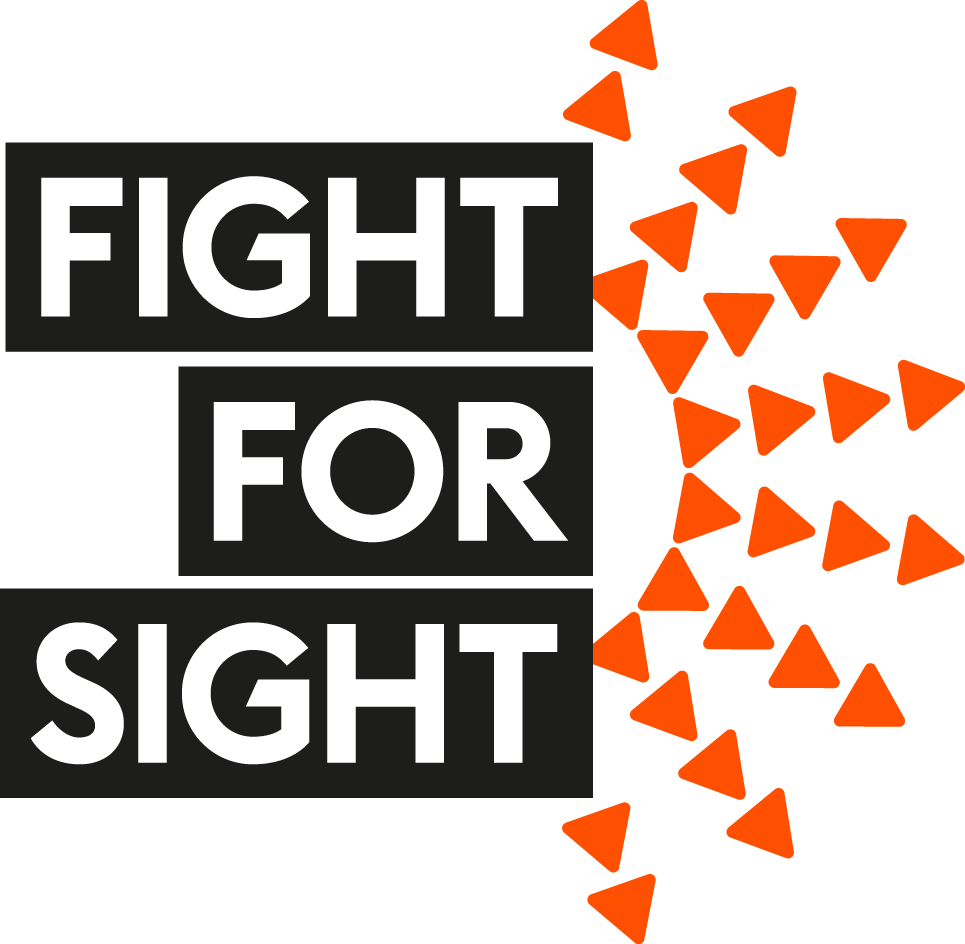World Retinoblastoma Awareness Week 14-20 May 2023
14-20 May is World Retinoblastoma Awareness Week. To raise awareness, we present key facts about this rare condition.
14-20 May is World Retinoblastoma Awareness Week.
Retinoblastoma is a rare type of eye cancer, which affects the retina, the light-sensitive layer of the eye. This type of cancer mainly affects young children under the age of five.
To raise awareness, we present 3 key facts about retinoblastoma.
1. Genetic cause of retinoblastoma
The gene primarily associated with retinoblastoma is RB1, which regulates cell growth. Mutations in RB1 can result in a change in how a specific protein works and can result in a tumour.
2. Retinoblastoma is treatable
Approximately 40-50 new cases are diagnosed each year. In 40% of retinoblastoma cases, the cancer can lead to the loss of one eye.
However, in 95% of cases, the cancer is treated successfully.
3. Identifying retinoblastoma
Early identification of retinoblastoma is vital. Some signs include an unusual white reflection in the eye, a white colour at the centre of the pupil when light shines in the eye (such as from a flash photograph), a squint, a change in iris colour, poor vision and a red or inflamed eye.
Living with retinoblastoma
Darren Harris is a dual Paralympian, father, entrepreneur, and England's most-capped blind footballer, as well as a motivational speaker. For World Retinoblastoma Awareness Week, he joined our podcast to talk about his experiences and overcoming adversity.
“You start from that position of gratitude, and you can build on that. Darren Harris”
Funding research into retinoblastoma
Research funded by Fight for Sight has proved crucial in increasing our understanding of the success of intravitreal injections for chemotherapy.
In some cases, retinoblastoma can be inherited, and therefore a genetic diagnosis is needed to be able to determine if family members are at risk from the disease. We are funding researchers at Birmingham Children's Hospital.
They will investigate the use of small quantities of DNA from ocular fluid to reliably diagnose retinoblastoma.
Our A to Z of eye conditions includes more information about Retinoblastoma.

